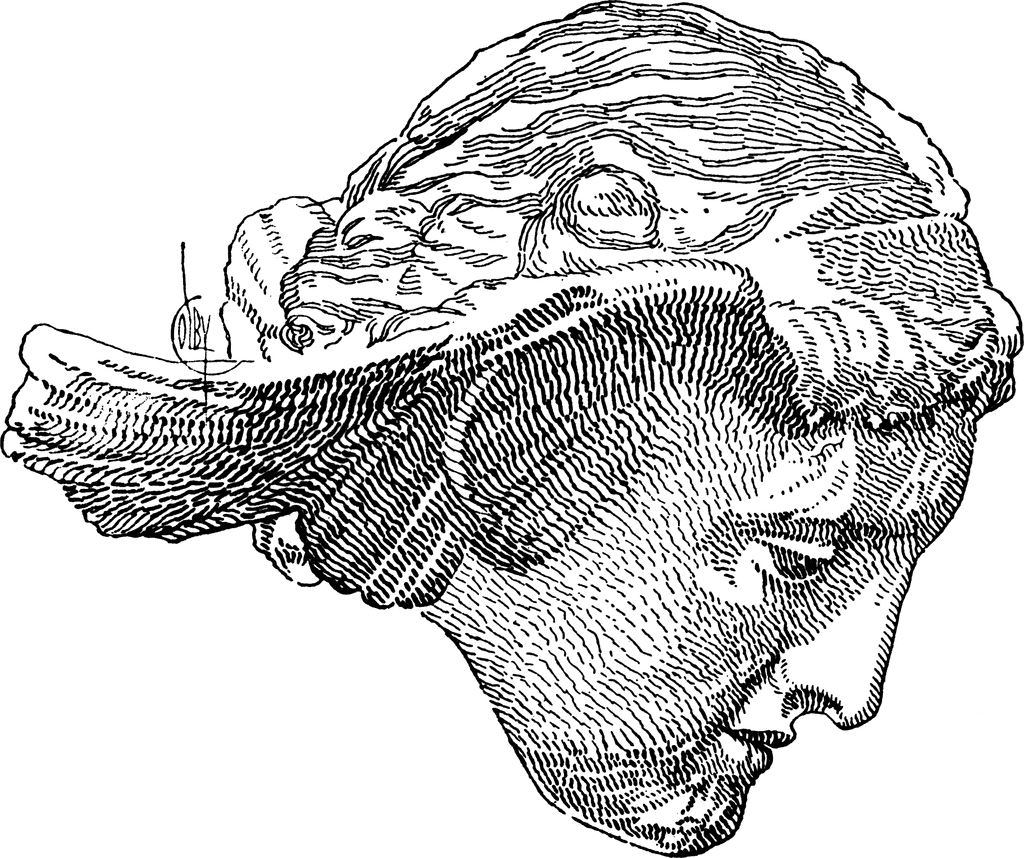

Apollo interceded on his behalf and the Moirai agreed to spare Admetus if someone was willing to sacrifice their life in exchange for their king. The Moirai were unmoved by his pleas and so Admetus asked Apollo, the god of the Sun, for help. Shocked and scared, Admetus fell to his knees and pleaded with the Moirai to allow him to live. Consumed by weakness Admetus tried to recuperate from his sickness, when the Moirai (ladies of destiny) paid him a visit to inform him that death was just around the corner and that he would soon be on his way to the underworld. One day, Admetus was struck by a malady and it was then that he felt the touch of Thanatos.


King Admetus was greatly loved by his people and admired by his family. The couple lived happily, and their kingdom prospered. A former member of the Argonauts and a hero, Admetus had proven himself through a heroic feat, which helped him win the hand of the beautiful princess Alcestis. One story which epitomizes the fear of death depicted in Greek mythology is that of Admetus and Alcestis. ( Public domain ) Admetus and Alcestis: Hercules Confronts Thanatos Hercules Wrestling with Death for the Body of Alcestis, by Frederic Lord Leighton. Sometimes he is often depicted holding a scythe, which is like the Grim Reaper. He is shown as a winged god holding an inverted torch in one hand and a butterfly or a wreath of poppies in the other. Whereas, Thanatos is often depicted as an extremely beautiful god, like Eros, the god of love. Night (Nyx) has their dwellings, sleep (Hypnos)ĭespite what has been written in the passage, it was Thanatos’s sister, Keres, the primordial spirit of slaughter and disease, who has been depicted as a blood-thirsty and haunting figure. In fact, the character of Thanatos is described by the Greek poet Hesiod in his Theogony, within the following passage: Even though Thanatos was the embodiment of non-violent and peaceful passing many believed that he was a merciless god, who brought about painful death. Unfortunately, a misconception about him had developed. Death was not a subject much liked within Greek society, so his name was never uttered. Thanatos is just one of the many gods that serve under Hades. “And Night bore hateful Doom and black FateĪnd Death, and Sleep and the brood of Dreams.” This lineage is established within the Theogony, a poem written by the Greek poet Hesiod in which he states: Thanatos was born from the union of Nyx (night) and Erebus (darkness) and is the twin of Hypnos (sleep). That role resided with Thanatos, whose name literally means “death.” While it is true that Hades is depicted as the ruler and master of the underworld, he had very little to do with death itself. Within Greek mythology, Hades is often mistaken as being the god of the dead. ( matiasdelcarmine / Adobe Stock) The Lineage of Thanatos, Born of Night and Darkness Even the mighty hero Achilles is quoted to have said “I’d rather slave on earth for another man-some dirt-poor tenant farmer who scrapes to keep alive-than rule down here over all the breathless dead.” Therefore, it is no surprise that the ancient Greeks did not view Thanatos, the personification of death, in a favorable light.īorn of the union of night and darkness, Thanatos, the god of death, was the twin of Hypnos, the god of sleep. Since people did not believe they had anything to look forward to they preferred life over death. Charon, Son of Night and Shadow, Ferrier of the DeadĪfter death, most people would be sent to the fields of Asphodel, a concept similar to that of the Catholic Limbo.The Hell of Tartarus, Ancient Greek Prison of the Damned.The ancient Greeks believed that there were three levels of the underworld: the fields of Asphodel, the Elysian fields and Tartarus. Unlike in Christianity and other religions, where a person either goes to heaven or hell depending on their behavior during life, in Greek mythology the afterlife was not a pleasant place at all. The concept of life after death is an old one, helping provide solace to families with the belief that their dearly departed are in a better place. Analyzing the scant stories in which he appears can help us understand the way the ancient Greeks understood and dealt with inevitability of death within their pantheon.īefore the birth of science, ancient Greeks used mythology to make sense of everything that happened around them - especially when it came to the loss of a loved one. Son of night and darkness, and brother of the god of sleep, Thanatos was the personification of death in Greek mythology.


 0 kommentar(er)
0 kommentar(er)
